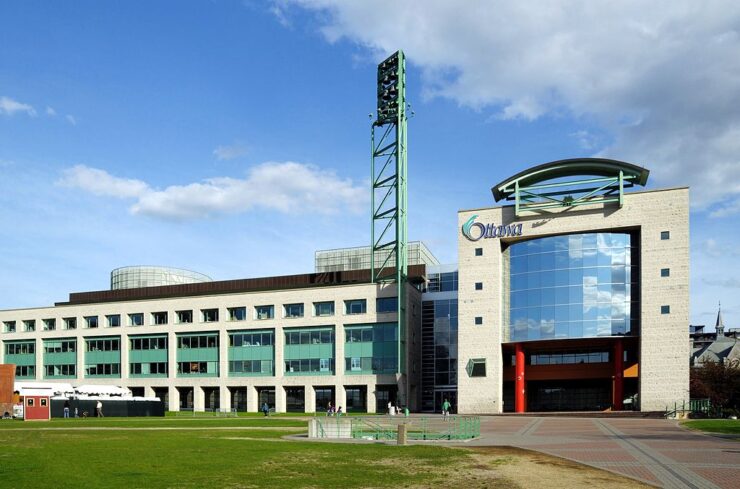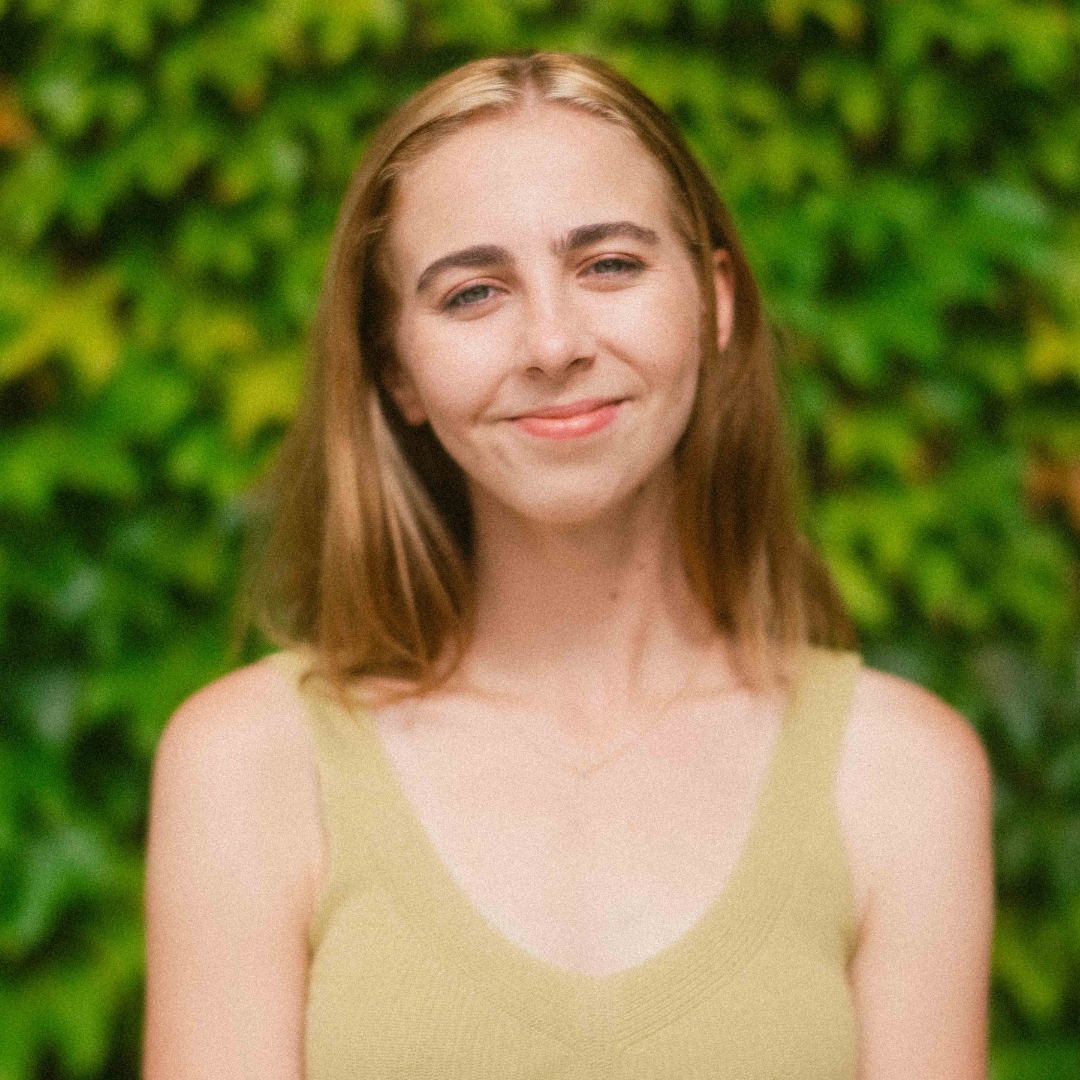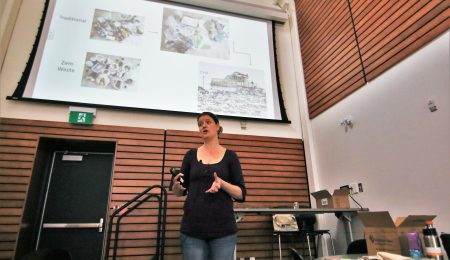Ottawans will elect a new mayor Oct. 24
Ottawa’s Mayoral election is less than a week away, with a field of 14 registered candidates a few have carved out strong support in the city.
In the evening of September 28th Adrian Harewood of Carelton’s school of journalism moderated a debate between five of Ottawa’s mayoral candidates on the themes of environmental and climate justice. The debate was held at Centretown United Church and live streamed on youtube.
The event was the fourth and final in a series of debates hosted by the People’s Official Plan (POP) Coalition. The POP coalition describes itself as “an informal alliance focused on bringing greater urgency and ambition on climate and social justice issues to the development of Ottawa’s Official Plan.” Past POP coalition debates were hosted Aug 16, Aug 30 and Sept 7.
The five candidates that took part in the Sept 28 debate; Brandon Bay, Bob Chiarelli, Catherine McKenney, Mark Sutcliffe and Nour Kadri, were selected to take part in the debate by a survey of the signed-in attendees of the earlier debates.
19 days later the Leadership for a livable Ottawa debate was hosted at the horticulture building at Lansdowne park and put on by community associations in the heart of the city. This debate included Chiarelli, McKenny, Sutcliffe and Kadri and was moderated by CBC journalist Joanne Chianello.
Sept 28. Eco-Debate highlights
Brandon Bay introduced himself as a software developer and community volunteer. “The mayor’s role to me is primarily one of leadership and vision.” Bay shared “As the head of council the mayor should set the direction and tone for Ottawa’s future they should be the strongest advocate for seeing that vision through inspiring staff and council to work toward it and communicating it to the world.”
Next, former Ottawa mayor Bob Chiarelli spoke, sharing “I can guarantee that I have not been or will be the most exciting there you’ll have,” Chiarelli said. “ Environment and Climate climate change are too important to be left to pious platitudes and wishful thinking. This election is about knowing how to deliver actual results.”
Third to speak was city councillor for Somerset ward, Catherine McKenny who shared the concerns that led them to run for mayor; “I saw how the city prepares the budget months before the public consultations. So it’s virtually finalized before you’re even asked for your input. Back then I didn’t think it was right. And I still don’t. It’s why I decided to run for council then. And it’s why I’ve decided to run for mayor now.”
Mark Sutcliffe spoke fourth, sharing of himself; “My parents were immigrants to Canada. They instilled in me a sense of responsibility to contribute to my community. And that’s why I’ve spent 1000s of hours as a volunteer working on issues like housing and homelessness, on children at risk and mental health and substance use disorder. I care very deeply about the future of our city and about what’s ahead for our children and grandchildren.”
U of O professor Nour Kadri used his opening statement to discuss the “need to prepare for a future of climate challenges, and make Ottawa a more resilient and sustainable community.” Kadri went on to assert that “future generations need to be assured of a future that affords them a clean and healthy environment. At the same time, we cannot ask the present generation to bear the burden and sacrifices so that the future generations are protected.”
The remainder of the debate saw questions posed to candidates and opened to debate. The speakers were slow to levy criticism of their fellow candidates, but some major push back came over potential reform to zoning for single family homes.
Bay and McKenny most vocally supported the reforms to R1 and R2 zoning for single family dwellings, while Chiarelli claimed the change would be a move against single family homes.
Of the issue Sutcliffe said; “There are other candidates proposing the complete removal of r1 across the city. And I don’t think that’s what the people in different neighborhoods in Ottawa want.”
Sutcliffe mentioned “an ambitious” plan to plant a million trees, which Bay called for more details on; “Mr. Sutcliffe’s plan to plant a million trees is good and I mean, I’d love to hear more about where exactly they’re going to go. But we do need to improve the tree canopy in the city. And these are important things that we should be looking at. And I think Mr. Kadri, in particular is really focused on the crisis of the moment and understands well how urgently we need to take action.”
Sutcliffe also made mention of developing housing with 10% being affordable units in the undeveloped fields outside of Bayview station. Bay again countered this plan in a later question about climate events, pointing out that developing green spaces would make Ottawa less resilient in such scenarios.
“Mark [Sutcliffe] earlier mentioned, let’s intensify Bayview station,” Bay recalled, “which right now is all grass and green space. […] I think it’s important to protect the natural systems that we have to really let the environment do a lot of this work for us because it’s the fact that we’ve been destroying it all that we’re suffering so much today.”
Kadri also criticized Sutcliffe’s plan for not being ambitious enough; “It is below the current expectations and goals […] If Mark is saying that some people are enthusiastic, these are the wrong experts that he is talking to, whoever they are. Because the basic numbers say if we leave the status quo, it’s going to be more than 100,000 houses and the problem is going to be still the same in Ottawa.”
Kadri went on to speak of his goal to “build 160,000 units, of which 40% of those are going to be built in the first term. So 160,000 units over the next 10 years, of which 25% of those are going to be affordable housing.”
McKenny stated their vision for the city; “my priorities are to end chronic homelessness, make transit reliable and affordable so you can get where you need to go on time, and making Ottawa a world leader on climate.”
Between debates
McKenny released their financial plan as promised in the debate. The Ottawa citizen profiled Chiarelli as an underdog in the election, and Kadri as focusing on the environmental and economic crisis.
Sutcliffe and McKenny became the assumed front runners and levied critiques of each other’s plans on their respective platforms. Sutcliffe focused effort in the suburbs.
Oct 17. Livable city debate highlights
The later debate dispensed with the polite facade. Candidates continued to respect the structure and rules of the debate, but took stronger stances against their opponents, with Sutcliffe and McKenny largely focusing their critiques on one another.
Kadri kept himself in contention while noting the tactics of Sutcliffe and McKenny to keep the debate between themselves; “While Catherine and Mark take jabs at each other. I’m here to debate ideas.”
Sutcliffe pointed to McKenny’s plans for bike lane infrastructure as being a potential source of half a billion in debt.
Chiarelli reiterated; “I’m committed to a tax freeze in 2023.”
The issue of R1 and R2 zoning arose again with Sutcliffe strongly opposing the potential change saying they would transform the fabric of neighbourhoods. Kadri also spoke to the need to maintain the identity of communities and neighbourhoods across Ottawa.
Sutcliffe and Kadri were asked why they chose to run for Mayor rather than a councillor position given their lack of political experience.
For his closing statement Chiarelli shared the same quote he had read at the Eco debate, from professor Ian Lee of Carleton’s Sprott school of business, calling Chiarelli a realist who is prepared to take on the financial management of the city.





